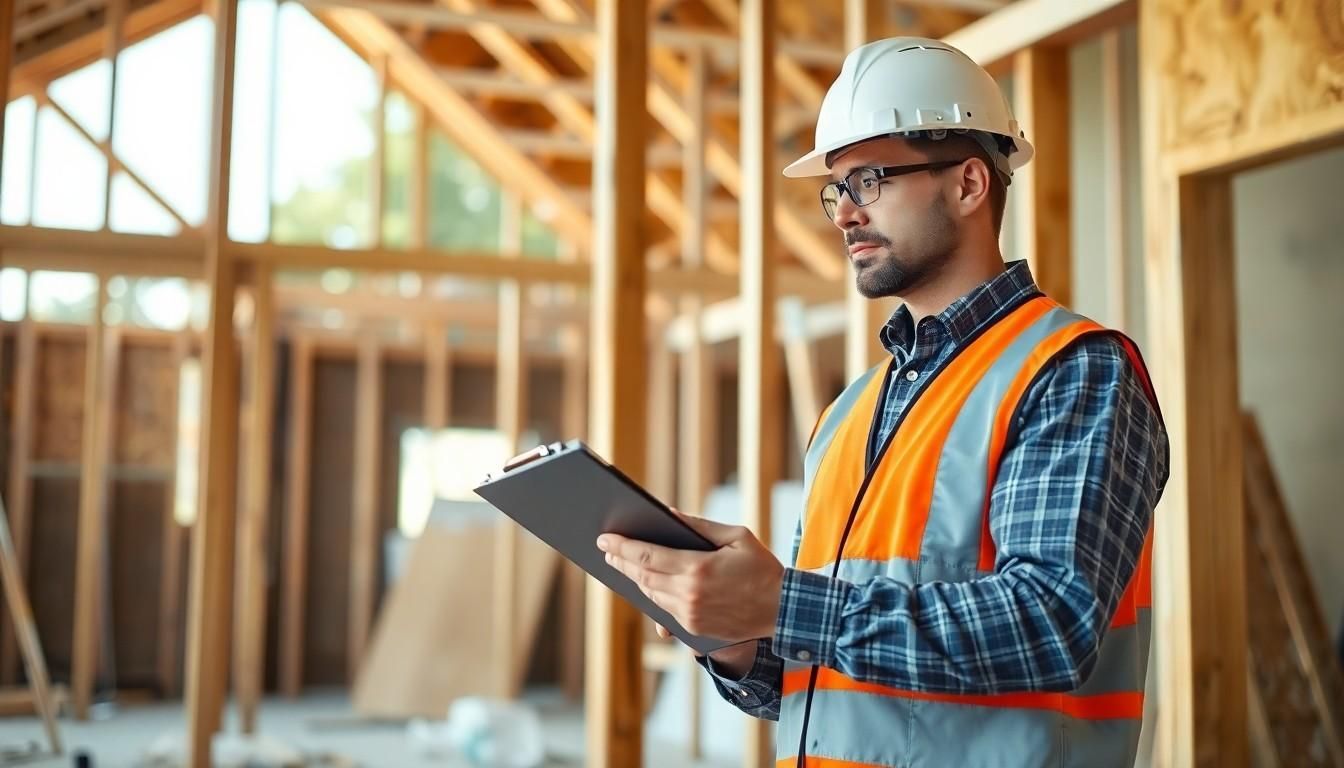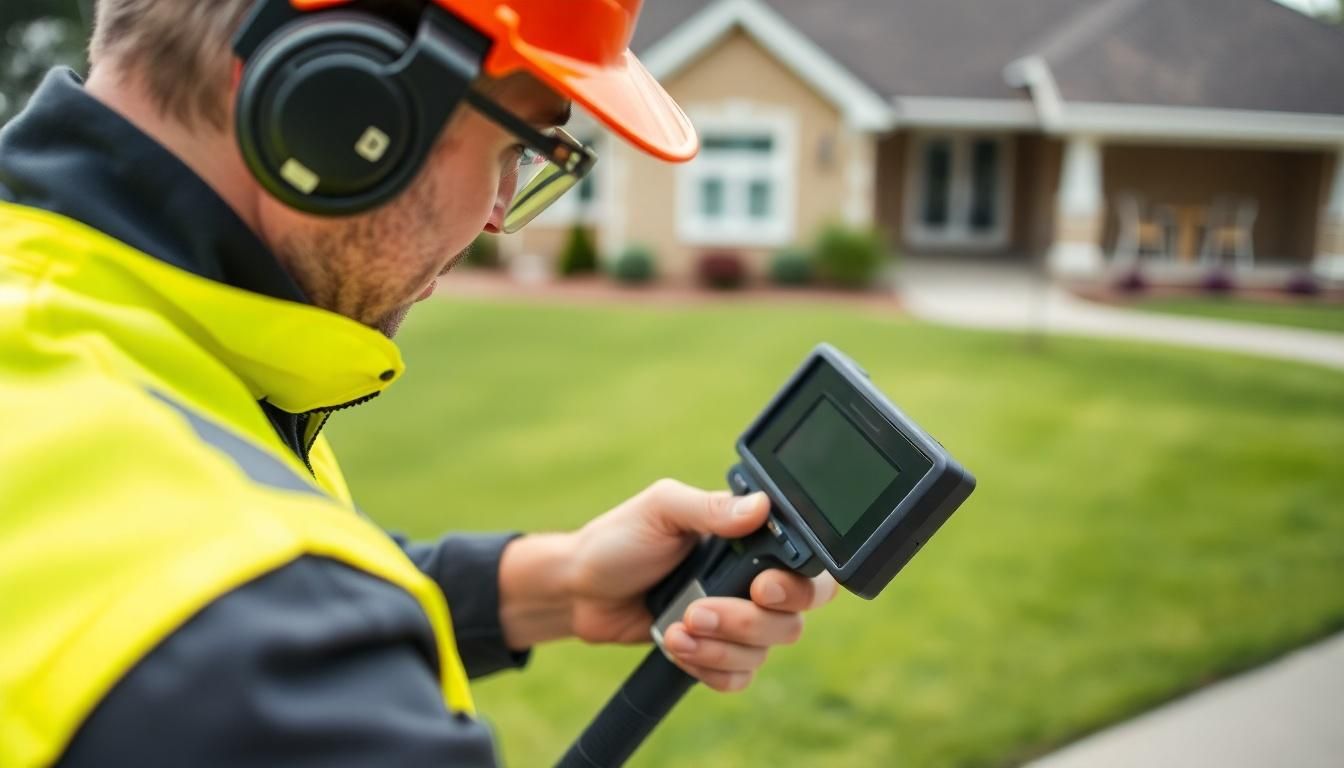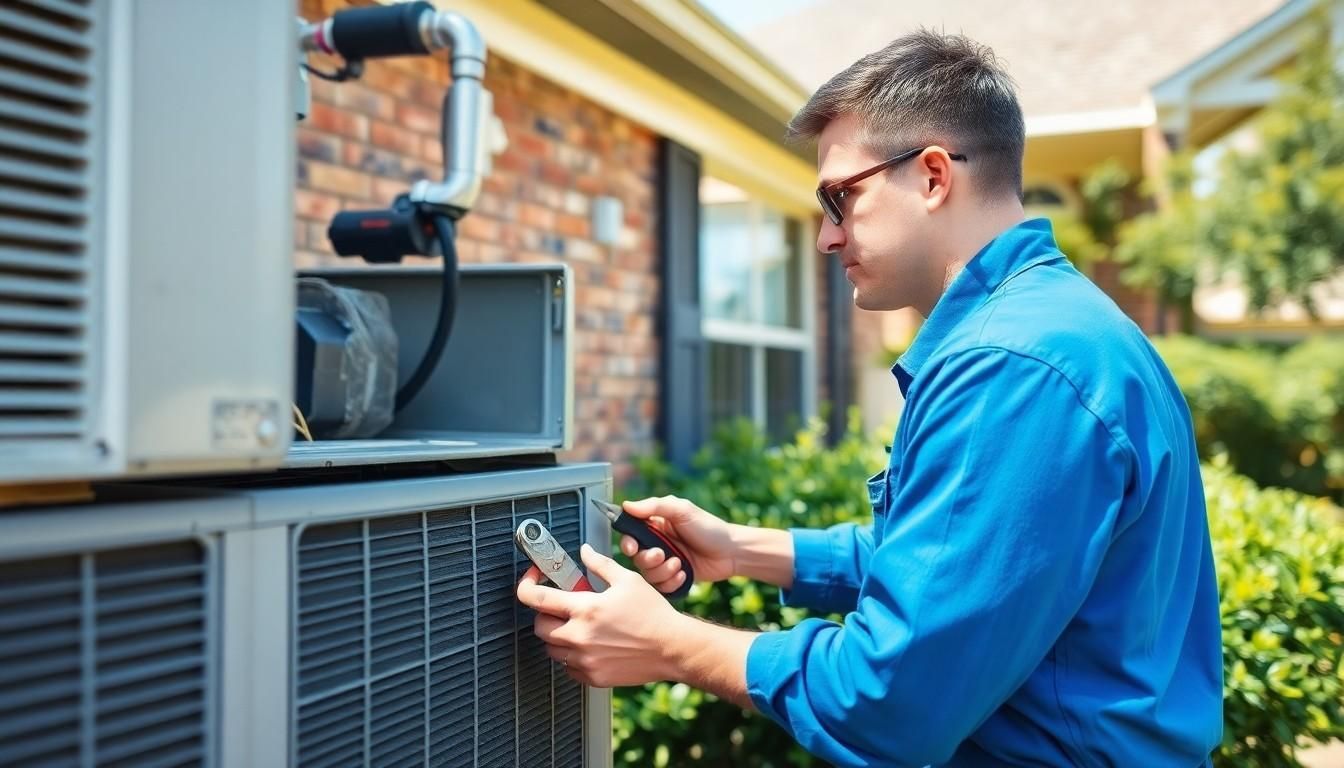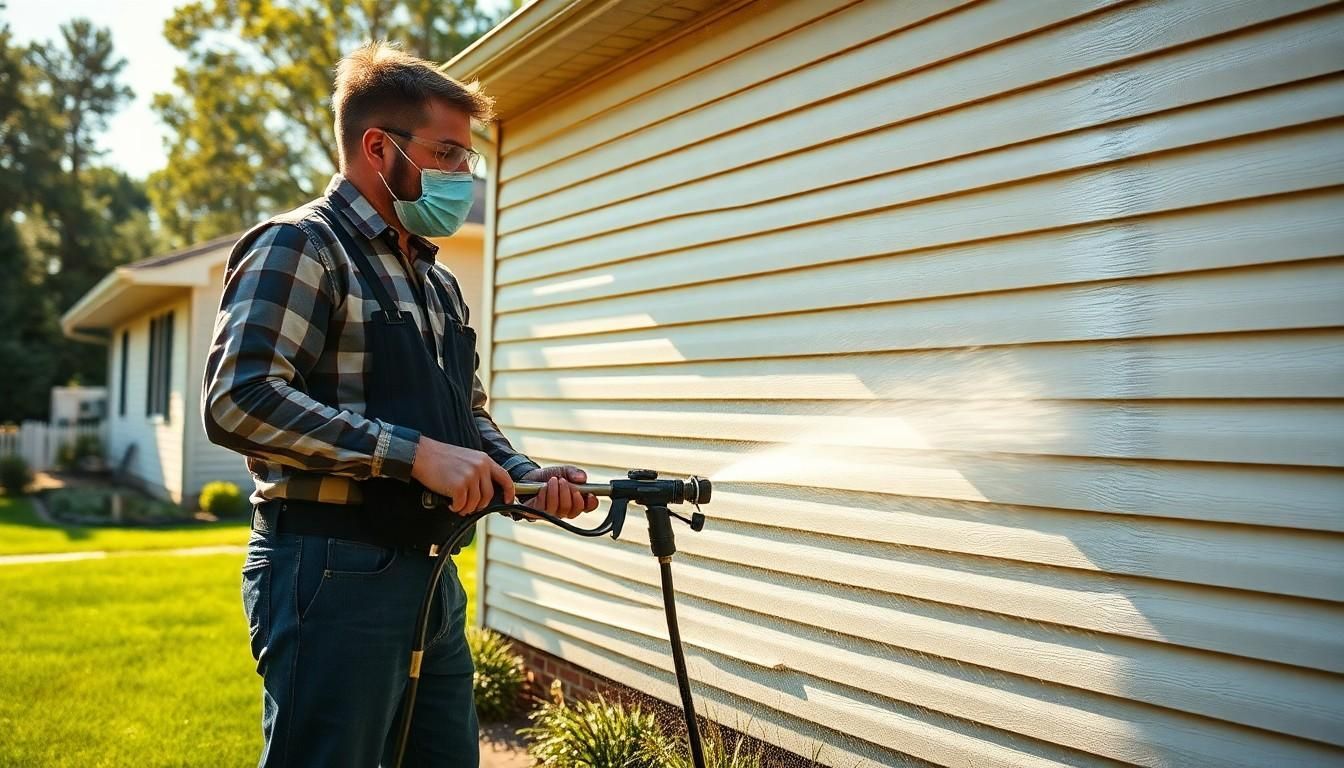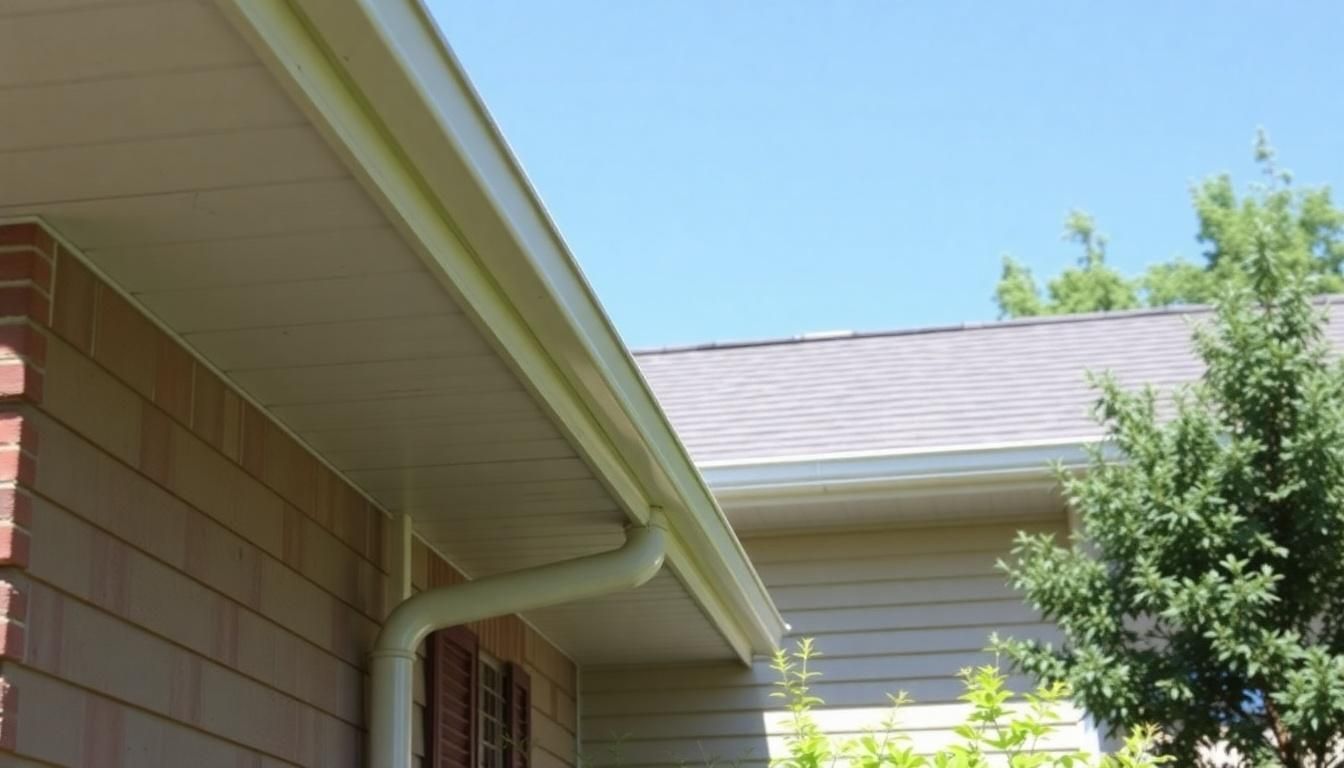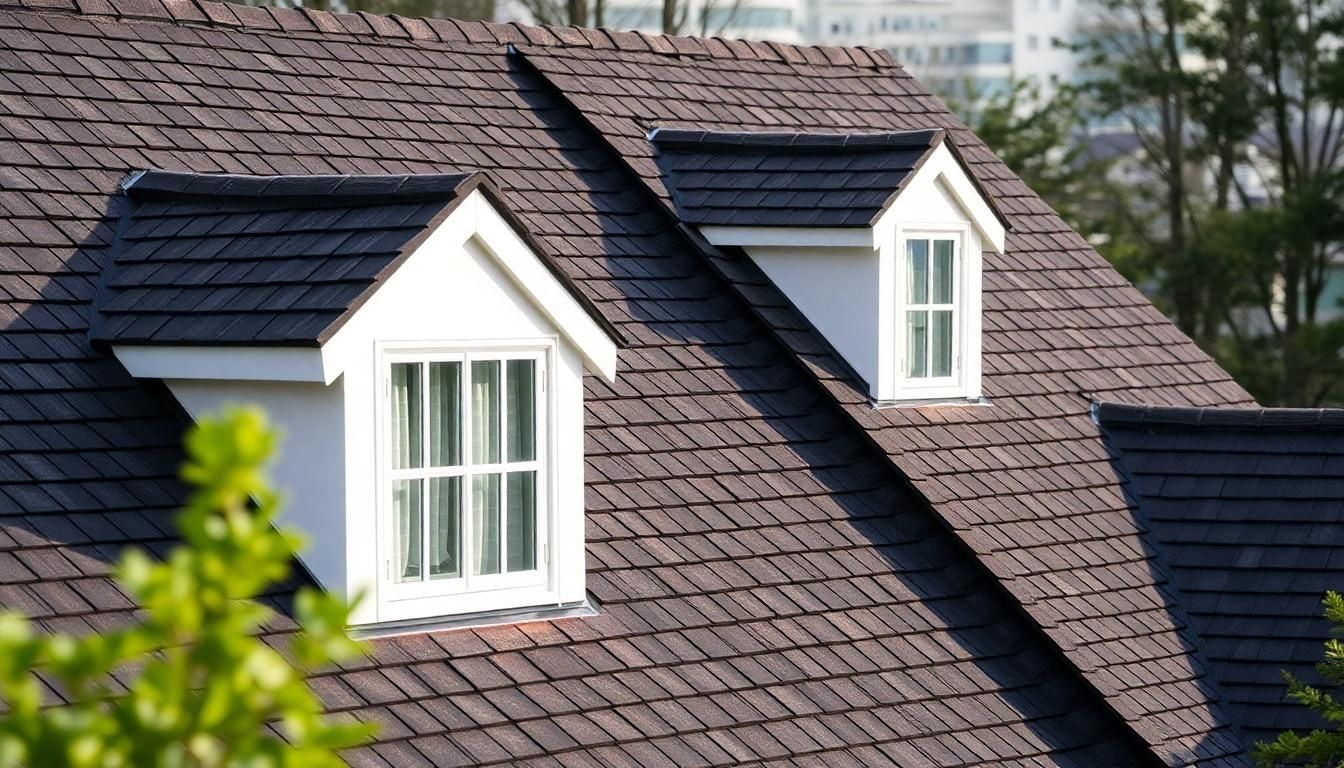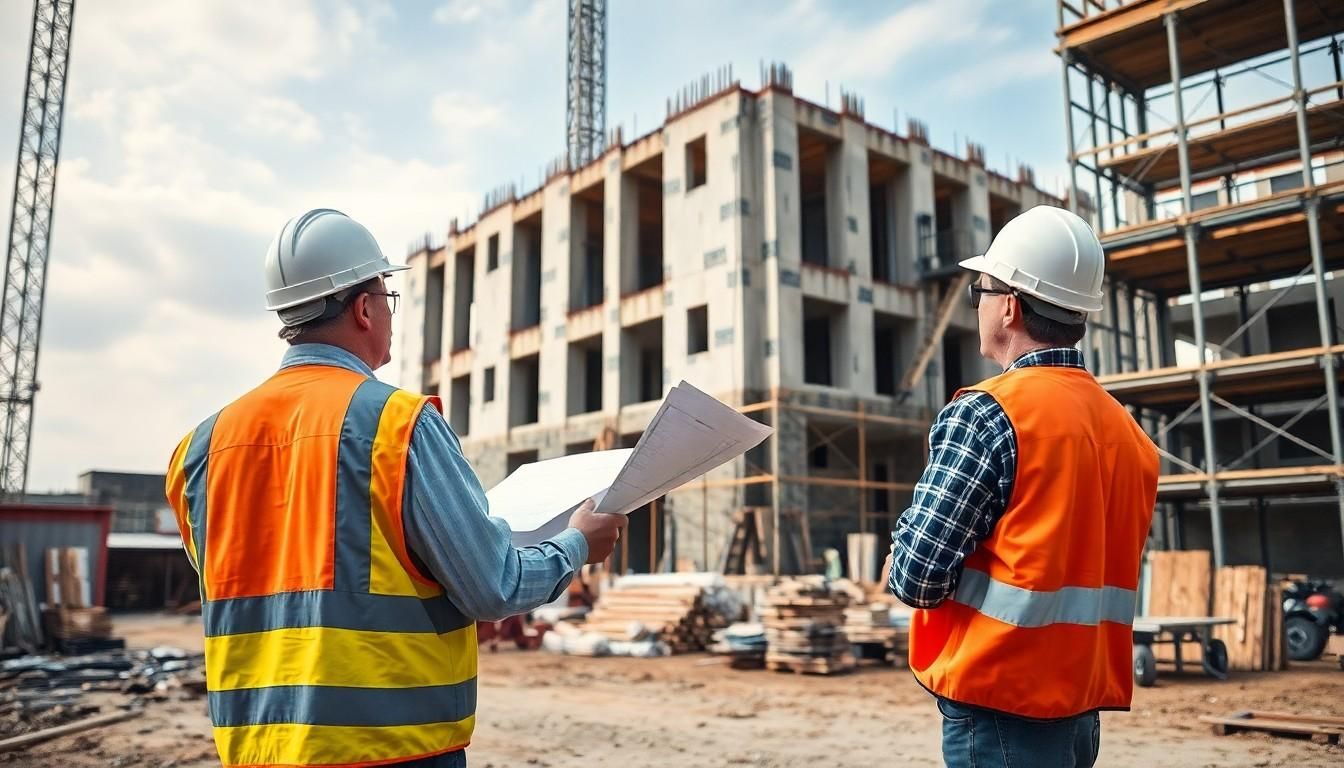The Difference Between Home Inspection and Appraisal Explained
- Home Inspection: Detailed evaluation of property condition, identifying structural, electrical, plumbing issues, and safety hazards. Usually requested by buyers and aids in negotiation.
- Home Appraisal: Licensed appraisers determine market value by assessing interior/exterior condition and comparable sales. Essential for mortgage approval, ensuring loan amounts are appropriate.
- Differences: Inspections assess condition; appraisals estimate value. Inspections occur after an offer, while appraisals happen later in the process.
- Cost Responsibility: Buyers pay for inspections; appraisals are typically covered by buyers for lender verification.
- Timing: Schedule both after offer acceptance to avoid delays and ensure smooth closings, aligning with mortgage approval deadlines.
Is your approaching real estate transaction leaving you perplexed about the roles of home inspections and appraisals? While both are essential, they serve distinctly different purposes that impact the outcome of your property deal. This blog explores how inspections focus on a property's condition, identifying potential issues that affect safety and structural integrity, while appraisals assess the market value crucial to securing a mortgage. Understanding these processes is key to making informed decisions and protecting your investment.
Understanding the Purpose of Home Inspections
A home inspection is a detailed check of a property's condition. It identifies potential problems like structural defects, electrical or plumbing issues, and safety hazards. Licensed home inspectors perform these evaluations because they're qualified to assess the property's condition.
Usually, the buyer initiates this process. It plays a vital role in home buying by spotting areas needing repairs or attention.
During a home inspection, key areas include:
- Structural elements
- Electrical systems
- Plumbing systems
- Heating and cooling systems
- Safety hazards
Inspections go beyond finding physical problems. This empowers buyers to request repairs or negotiate price changes. Thus, home inspections enhance decision-making, buyer protection, and smoother real estate transactions.
Decoding Home Appraisals and Their Importance

A home appraisal is crucial in real estate for determining property value. A licensed appraiser evaluates both the home's interior and exterior. They compare it to similar homes, measure its size, and check its condition and features. The appraiser then produces a report providing an unbiased value estimate. This report is vital for lenders. It ensures the loan amount doesn't exceed the property's worth, protecting their investment.
Appraisals are crucial for mortgage approval and property sales. Lenders use these to confirm the home's value matches the loan, ensuring collateral. This process helps sellers set prices and buyers confirm they’re paying a fair price. Appraisals keep the financial integrity of real estate transactions by aligning loans and property values, aiding informed buying and selling.
Key Differences Between Home Inspections and Appraisals
Home inspections and appraisals have different roles in real estate. Inspections assess the property's condition. Licensed inspectors identify issues like structural, electrical, and plumbing problems or safety hazards. Buyers get a report to use in negotiations for repairs or price changes.
An appraisal determines the property's market value. A licensed appraiser compares the home to similar ones, providing a value estimate needed for mortgage approval. It ensures the loan reflects the property's worth, protecting the lender's interests.
Timing and purpose differ. An inspection usually occurs after an offer is accepted. It gives buyers time to decide on repairs or maintenance before closing. The appraisal happens later, aligning with the lender's need to verify the property's value before giving a mortgage. Both are crucial in real estate deals, addressing different needs and stakeholders.
Who Requires and Pays for Each
Buyers typically request home inspections to check property condition before closing. Buyers pay for this service to aid negotiations on repairs or price changes based on findings. This investment ensures buyers know about potential issues post-purchase.
Appraisals are lender-mandated to ensure the loan doesn't exceed a property's value. Buyers usually cover the appraisal cost for the lender’s benefit. This confirms the property as adequate mortgage collateral, reducing financial risks.
These differences affect real estate transactions. Inspections give buyers negotiation leverage to influence the sale price or guarantee repairs. Appraisals verify property value, ensuring lenders don't overextend credit. Together, these processes promote transparent transactions, aligning buyer expectations and lender requirements, and helping smooth closings.
When to Schedule Home Inspections and Appraisals

Timing is key in real estate, especially for scheduling inspections and appraisals. Proper timing prevents delays and ensures smooth closing. A timely inspection allows buyers to handle property issues before finalizing. An appraisal confirms market value, supporting mortgage approval. Coordinating these with transaction timelines avoids complications.
Typical schedule for inspections and appraisals:
- After offer acceptance
- Inspection period
- Appraisal scheduling
- Mortgage approval deadline
Timely scheduling is vital to prevent setbacks. If inspections find major issues, negotiations on repairs or price adjustments can occur without derailing the sale. Prompt appraisals prevent mortgage approval delays, reducing transaction risk. Proper timing ensures inspections and appraisals align with closing dates for efficient real estate processes.
Conclusion
Navigating the intricacies of home inspections and appraisals is essential for successful real estate transactions. Home inspections focus on assessing a property's condition, while appraisals determine its market value. Each process plays a distinct role, with inspections often influencing negotiations and appraisals affecting mortgage approvals.
Understanding the difference between a home inspection and home appraisal allows buyers and lenders to make informed decisions. By scheduling both at appropriate times, potential delays or deal-breaking issues can be minimized. Informed decision-making ensures a smoother transaction process and protects property investments.
FAQ
Who pays for inspection and appraisal?
Typically, buyers pay for home inspections to identify potential issues, while buyers often pay for appraisals as lenders require them for mortgage approval.
Does a home inspection affect an appraisal?
Home inspections do not directly affect an appraisal. Inspections assess the property's condition, whereas appraisals determine its market value for lenders.
What is the difference between a home inspection and an appraisal?
Inspections assess property condition, identifying issues like structural and safety hazards. Appraisals evaluate market value, aiding in mortgage approvals.
What if the appraisal is lower than the offer?
If an appraisal is lower than the offer, buyers may negotiate a lower price, make up the difference, or cancel the deal, pending contingencies.
What do they check during an appraisal?
During an appraisal, they examine property size, condition, comparable sales, and market area to assess fair market value.

